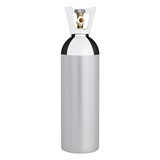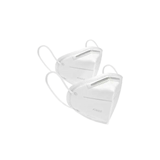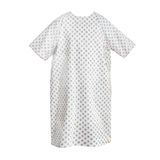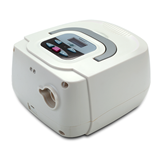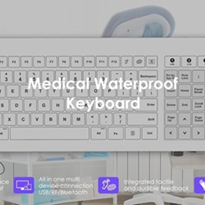Microsoft Ends Support for Windows 10 in 2025 – Is Your Facility Ready?
Microsoft has officially announced that Windows 10 will reach its end of life on October 14, 2025. This means that after this date, Microsoft will no longer provide security updates, technical support, or bug fixes for the operating system. For healthcare organisations, the implications are serious — and inaction could put patient safety, data security, and compliance at risk.
Why Windows 10 End of Life Matters for Healthcare
Hospitals, day surgeries, aged care facilities, and clinics depend on secure, compliant technology every day to support patient care, maintain records, and ensure regulatory compliance. Once Windows 10 becomes unsupported:
- Security vulnerabilities will no longer be patched, leaving systems open to ransomware, malware, and cyberattacks.
- Compliance issues may arise, especially in sectors governed by strict data protection and health information laws such as the Australian Privacy Principles (APPs) and ISO 27001.
- Compatibility challenges with new medical software and hardware could disrupt workflows and impact service delivery.
- Higher maintenance costs may be incurred in trying to protect or patch obsolete systems.
In short, continuing to run Windows 10 after October 2025 could compromise not just your IT infrastructure, but your ability to deliver safe, efficient care.
Why Simply Upgrading Isn’t Always Enough
While upgrading to Windows 11 is essential, healthcare organisations also need to consider the hardware behind the software. Many legacy PCs in clinical environments were never designed with today’s infection control standards or digital health demands in mind.
The Case for Medical Grade PCs with Antimicrobial Enclosures
Medical-grade computers are purpose-built for clinical settings — they aren’t just standard desktops with new software. Upgrading to these devices at the same time as moving to Windows 11 offers significant benefits:
- Antimicrobial enclosures help reduce pathogen transmission in high-touch, patient-facing environments.
- Fanless and sealed designs prevent the build-up of dust and contaminants inside the device.
- Hot-swappable batteries and compact footprints support mobile workstations and point-of-care delivery.
- Certified durability and long lifespans reduce the need for frequent replacements, improving return on investment.
- Built-in compatibility with healthcare software and peripherals, including barcode scanners, smart card readers, and EMR systems.
With the right PC, clinicians and IT teams benefit from enhanced infection control, simplified upgrades, and a future-ready solution that supports digital transformation in healthcare.
Time to Act
With support for Windows 10 ending in October 2025, now is the time to audit your hardware fleet, identify systems that require replacement, and prioritise upgrades to Windows 11-compatible medical-grade PCs.
If your facility is still relying on outdated technology, HPA can help assess your needs and recommend secure, ergonomic, and antimicrobial hardware designed for healthcare.
Stay ahead of the change. Protect your patients, your data, and your team.
Contact us today to book a healthcare IT consultation or to learn more about our range of medical-grade Windows 11-ready PCs.





